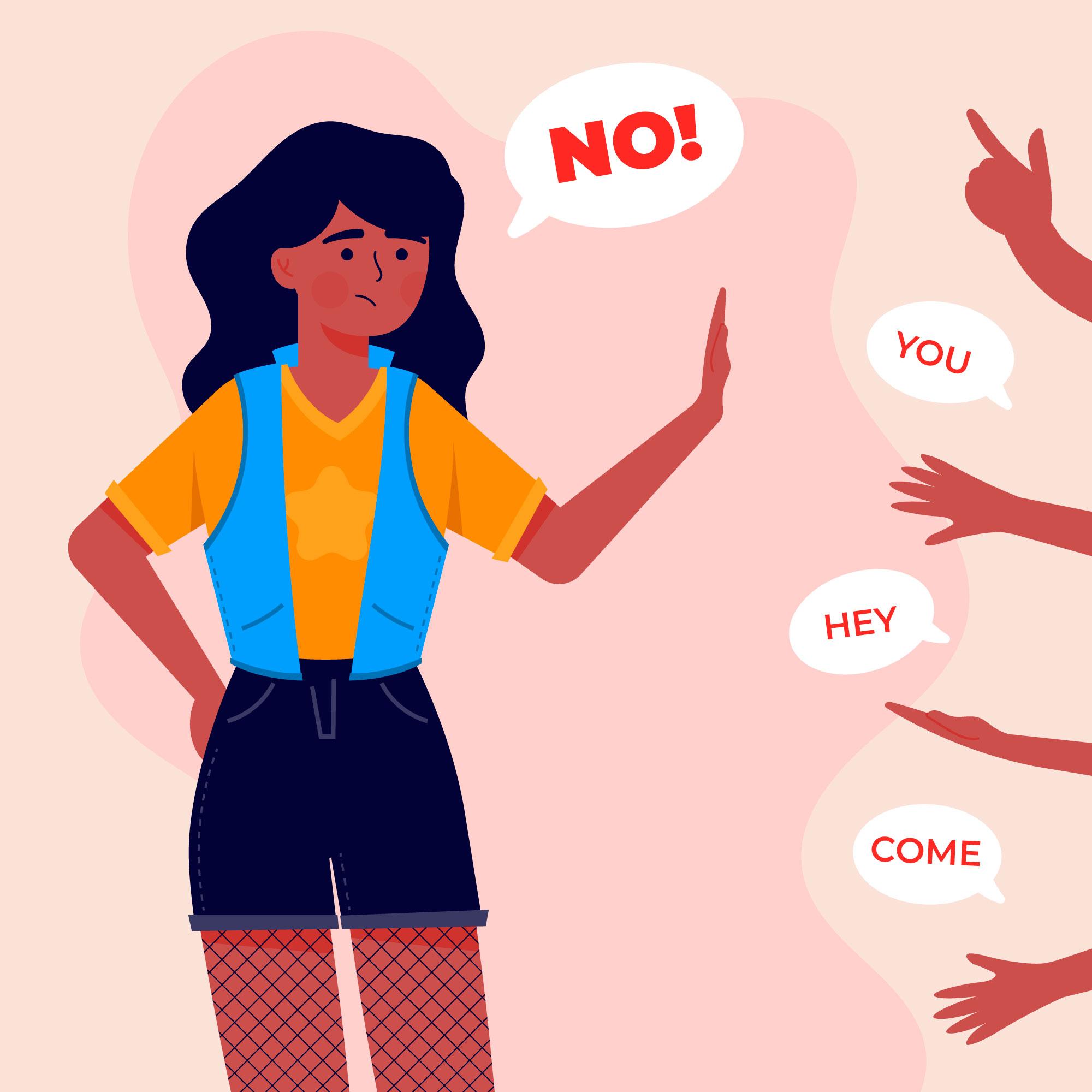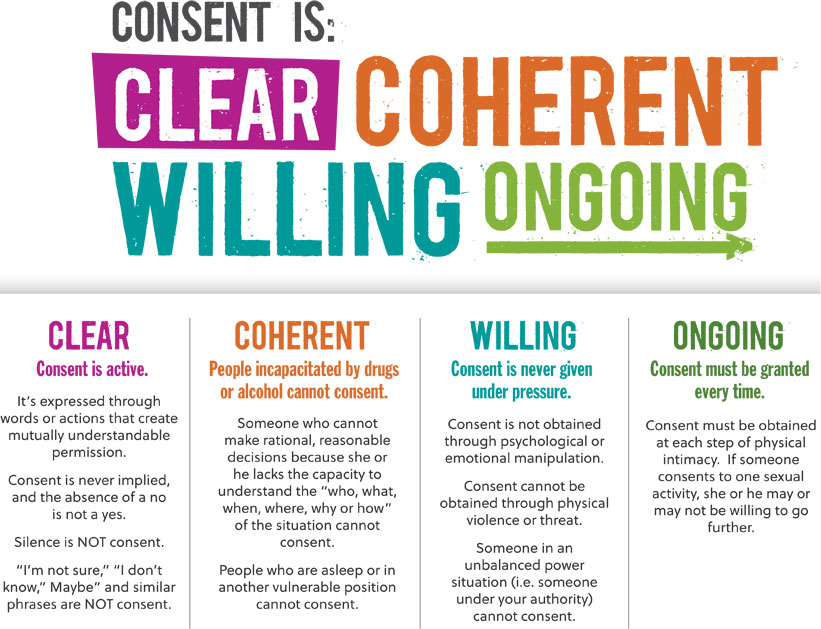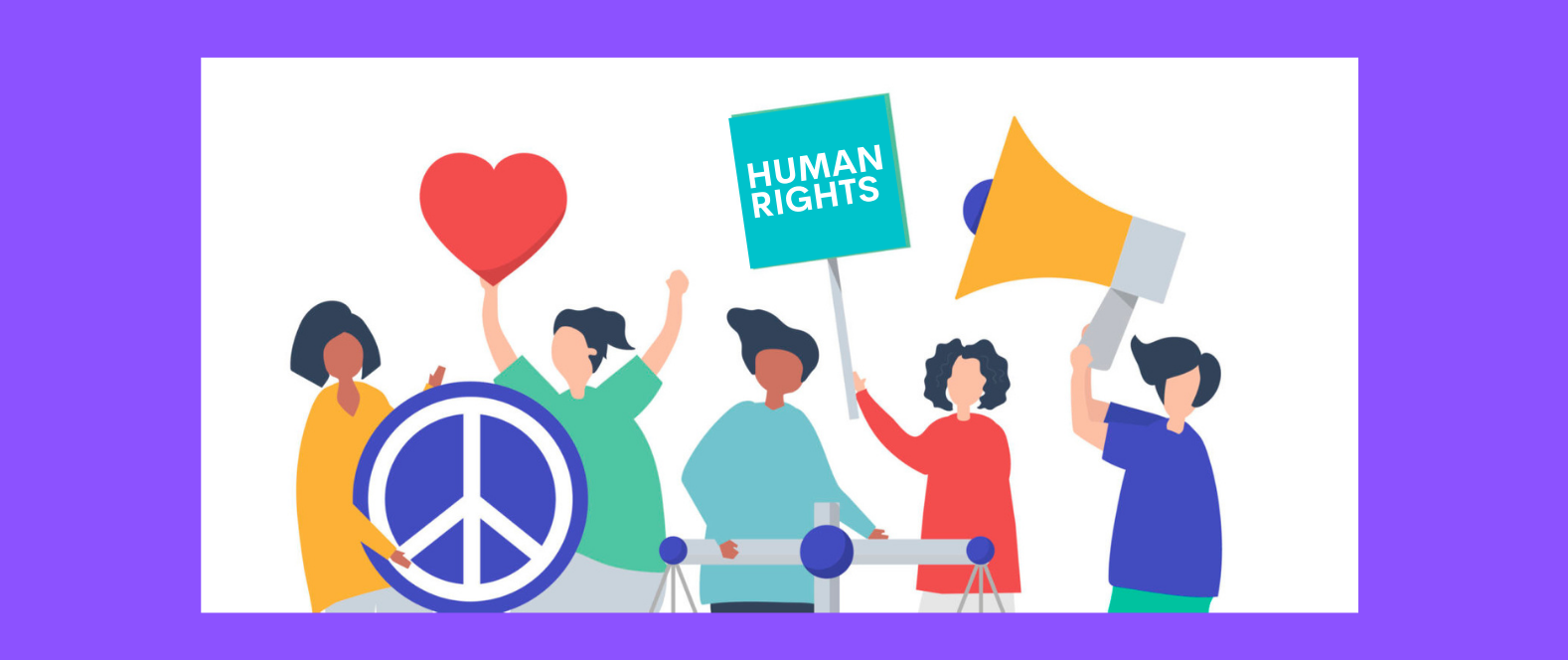Let’s talk about sex baby ~
For a long time, conversations about sex in our Asian culture have been extremely taboo. Sex was an extremely hush-hush topic only spoken about in terms of staying celibate until marriage. In schools it is barely taught with many of us having serious gaps in knowledge within sex education with it skimmed over or omitted completely. As a movement, sex positivity has grown immensely in the west and is slowly gaining traction here in Asia too. But because of the culture that surrounds sex, there are many myths being spread on what sex positivity is – so we’re here to break it down and debunk some of these misconceptions:
Sex Positivity promotes promiscuity

We’ll start off by saying that you are free to do whatever you want with your body as long as the acts you are participating in are consensual. Being sex positive does mean supporting an individual’s right to have many sexual partners but it also supports an individual’s right to stay abstinent if that’s what they want to do. Sex positivity is giving space and acceptance to all individuals in all sexual expressions without judgement. It does not force an individual to participate in sexual activities nor does it condemn an individual for not participating in sexual activities.
There is no educational goal of sex positivity

Actually the main goal of the sex positivity movement is consent education. Education surrounding consent, especially in Malaysia, is extremely inaccessible to those who need it the most. The sex positivity movement tries to bring forth the knowledge that consent is key in most aspects of life, not just sex. Even in giving someone a hug, you should seek consent before making any physical contact. This isn’t just for adults to understand, but is imperative for children at a young age to also comprehend as it lays a foundation for a person who is able to both understand and respect boundaries.
Being sex positive means being pro-pornography

Sex positivity is not about promoting pornography, or even being supportive of it. Many of the largest pornography producers are actually extremely exploitative towards the actors and actress. They allow for sex-trafficking, child abuse and sexual assault to occur on their shoots and in the videos that are shared on their platforms. The sex positivity movement absolutely does not support this, what it does support is fairly and ethically-made movies that are within the legal limits of the country in which it operates. Sex positivity also does not shame individuals who do enjoy pornography, rather aids in educating them for making educated choices in what they watch.
Sex positivity is only for women

Sex positivity is for everybody!! In fact, sex positivity is extremely important for men because open conversations around sex and consent aren’t as commonplace the way they are with women. It is important to normalise these conversations because it creates a new culture of open-ness and inclusivity – which is the root of the sex positivity movement. It is for everyone and anyone that wants to be part of it. Together, we can create a world where people can embrace their sexuality and no longer feel shame about their natural human impulse.
Even though opening up the conversation and talking about sex positivity can be awkward or difficult it is our responsibility to make knowledge of topics like this as widespread as possible. Sex positivity is a movement that is here to help everyone and do it’s best to prevent sexual violence. Education is one of the main ways we can actually bring awareness to the hows and whys of situations where sexual violence can occur. In doing so, a new culture of safe and consensual sex can become the norm.
















